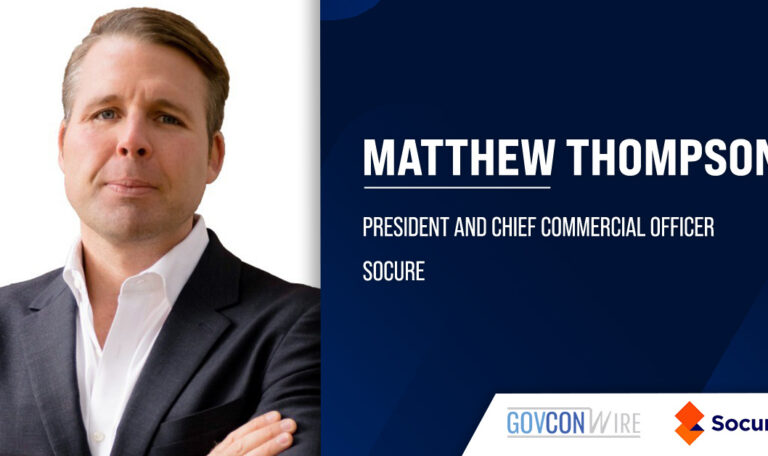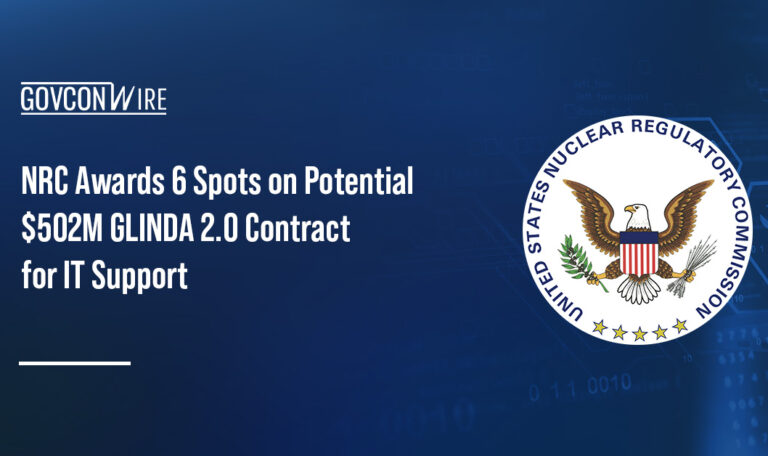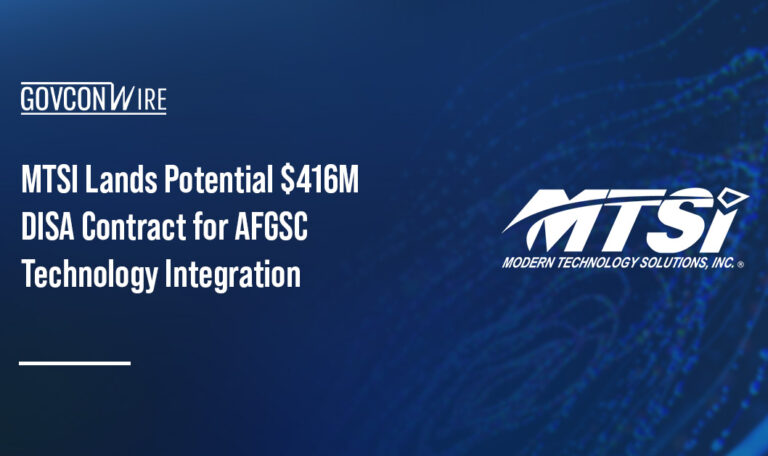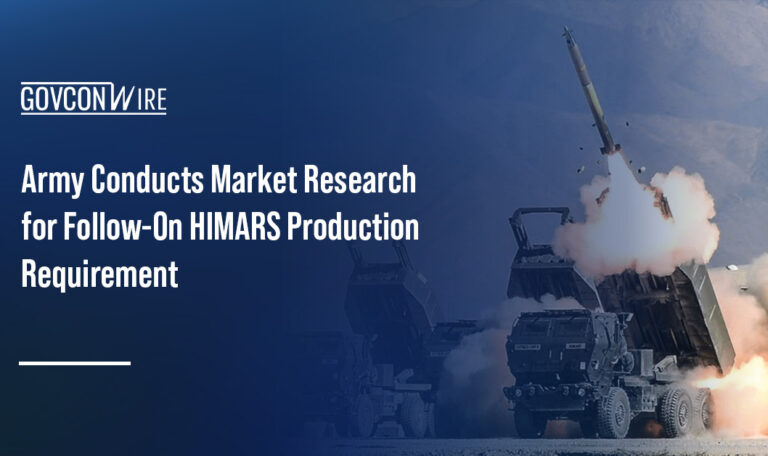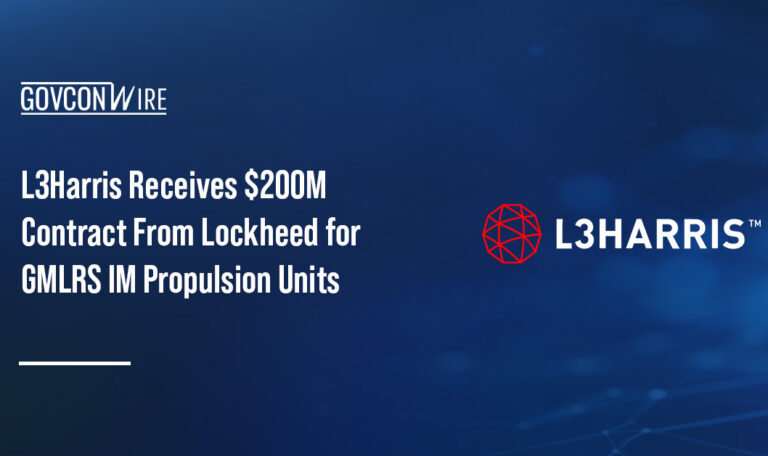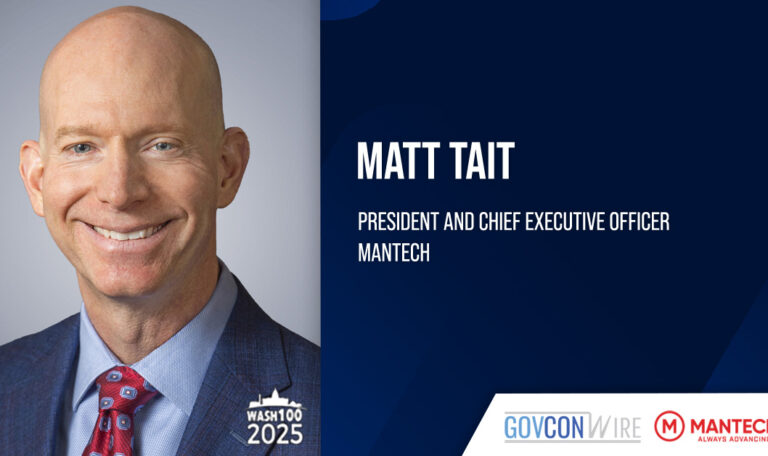Jerry McGinn, executive director of the Center for Government Contracting at George Mason University’s School of Business, wrote in a commentary published Tuesday on Defense News that the current administration should take a “steady as she goes” approach toward mergers and acquisitions in the aerospace and defense market by relying on the strength of the Hart-Scott-Rodino Act and allowing the Department of Defense to perform its job in M&A reviews.
“Two transactions in particular point the way for the new administration to ensure that we maintain vibrant competition across the defense-industrial base without distorting the marketplace with unnecessary government intervention,” McGinn wrote.
One of the M&A transactions he discussed involved sonobuoy manufacturers Ultra Electronics and Sparton. Both parties dropped the acquisition deal in 2018 after the Department of Justice, in collaboration with the Pentagon, found that the transaction would harm competition.
“The DoD promptly began the work of rebuilding domestic sonobuoy capacity by dismantling the unhealthy joint venture and investing in projects such as Title III of the Defense Production Act,” McGinn wrote. “The sonobuoy case shows the power and effectiveness of the HSR regime as well as the ability of the department to provide better industrial base incentives.”
A review of Northrop Grumman’s (NYSE: NOC) acquisition of Orbital ATK resulted in a 10-year consent decree established by the Pentagon and the Federal Trade Commission to commit Northrop “to being a merchant supplier in the space launch market as a condition for the transaction to be approved,” McGinn said.
“Overall, these cases demonstrate the strength of the HSR regime at maintaining competition in the defense-industrial base. Rather than introducing uncertainty and risk, the administration is better served by keeping M&A policy ‘steady as she goes,’” he added.




